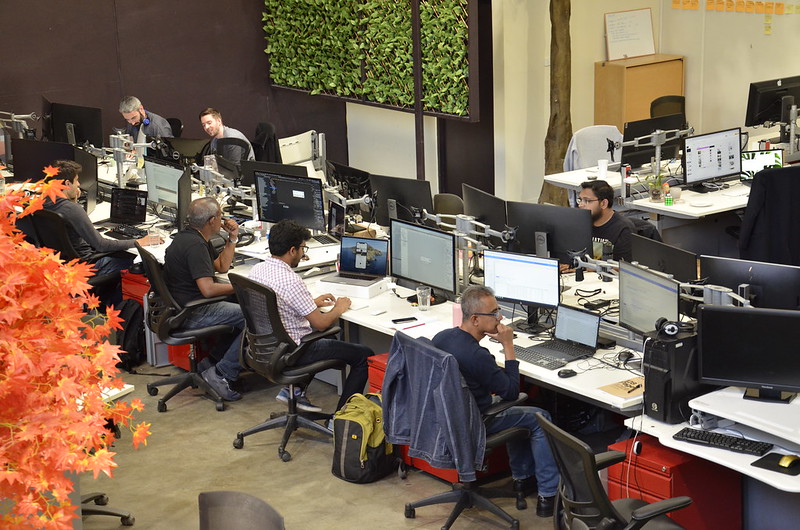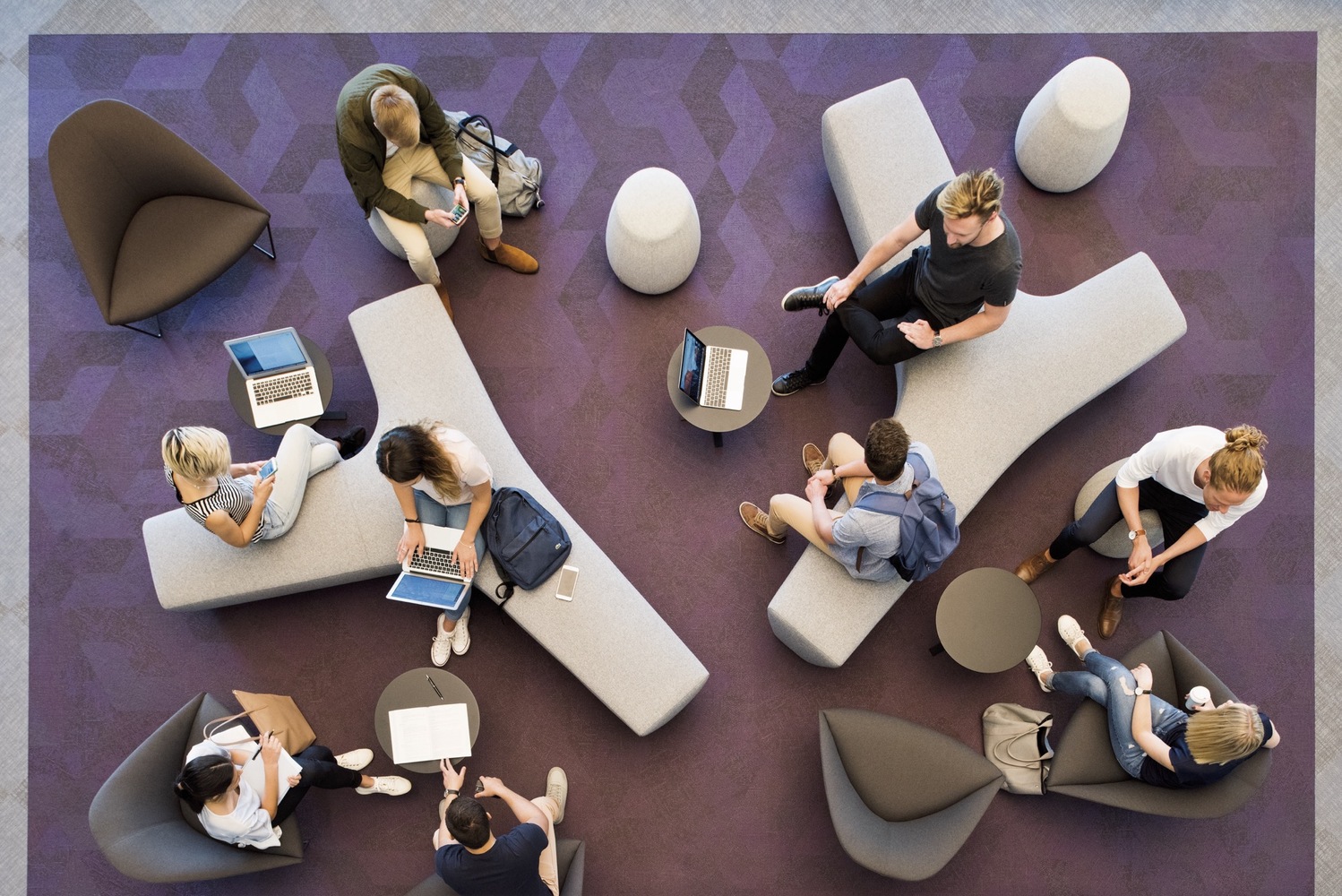Coworking 101 : The Future of Work – Coworking

Episode 1
Coworking is not new
Contrary to popular belief, Coworking is not a new concept or idea. In fact, the first books that extolled the virtues of Coworking first appeared in the 1600s. Since then, the only thing about the concept that hasn’t changed is probably its primary definition – ‘People working together’. What has changed, though – is to include the who’s, the why’s, the how’s and the where’s.
Who are Coworkers?
It is not surprising that Coworking grew in popularity in the late 80s and mid-90s, with the emergence of the digital and computer age. Coworking grew in line with the development of knowledge-intensive industries and the rise of creative work. With more individual-focused talents powered by accessible tools (computers and micro-machines), professionals converge in shared spaces to collaborate, support one another and economise on shared resources and amenities. Early coworkers included freelancers, creative professionals, game developers, programmers and others.
Why Cowork?
One of the biggest benefits of Coworking is social. So naturally, people in creative and entertainment industries enjoy connecting and relationship building – they thrive in coworking environments. In other ways, introverts and programmers (who are less likely to socialise) rely on Coworking because it offers them a more affordable space to work and provides a buzzing’ environment’ that motivates them to work in the first place.
It almost seems odd that the main argument for Coworking, i.e. cost-sharing, is still under-appreciated today. Early Coworking was necessary because, for most of the coworkers, the cost of space was an exorbitant barrier. Today, however, Coworking has become a preferred choice – for an open space, a supportive, friendly and collaborative community, and the leverage of shared resources to access amenities and equipment that you might not be able to access on your own. In addition, for some, Coworking provides the openness of a multicultural, multigenerational and multi-dimensional community – a soul and mind-enriching space.
How do People Cowork?
Coworking, in the beginning, was more for individuals and small project teams. Today, however, coworkers include teams of larger organisations, businesses, agencies, freelancers, companies, startups, not-for-profits, and even public sector organisations. Moreover, because of the rise and power of computers, tools and equipment, almost anyone or any organisation can be a coworker.
Some coworkers use the space as a professional workspace to set boundaries away from the home office. Larger organisations use Coworking as a smaller, more intimate space for smaller teams who need to focus and be free from the stifling influences of their parent company.
Coworking’s setup and nature nurture a sense of camaraderie and collaboration. By sharing a workspace, people tend to be more friendly and respectful. In addition, the open-space-ness provides a less secretive and non-clandestine work culture, where transparency and integrity are paramount. This creates a life-giving and mood-enhancing norm where people tend to be more relational – generally, a more positive work environment.
A less obvious but compelling benefit of a coworking space is that shared resourcing encourages people to be more mindful of waste, noise and other social etiquettes that can be soul and mind-enriching. My experience over the years tells me that coworkers are generally more conscientious. Who doesn’t want their workers to care more?
Where can you find Coworking?
Coworking is getting more popular, and I believe it is the future of work. The past few years have shown us how fads like hybrid, flexible offices and WFH types of working will come and go. Still, Coworking will only get stronger and more in demand because it is fundamentally different. It is a more natural way for humans to work. The more powerful our tools and equipment become, the more crucial it is for humans to connect and stay human – which can only be achieved by real, physical and intellectual connection – in a real-world environment with a supportive, caring community.
Coworking spaces of all sizes, shapes, and formats are popping up everywhere. The challenge is to find one that suits you and your team. In the next Coworking 101, we will explore the do’s and don’ts of Coworking gleaned from those who have been Coworking for a while. So, if you have something to share about your experiences in Coworking, chat me up.

